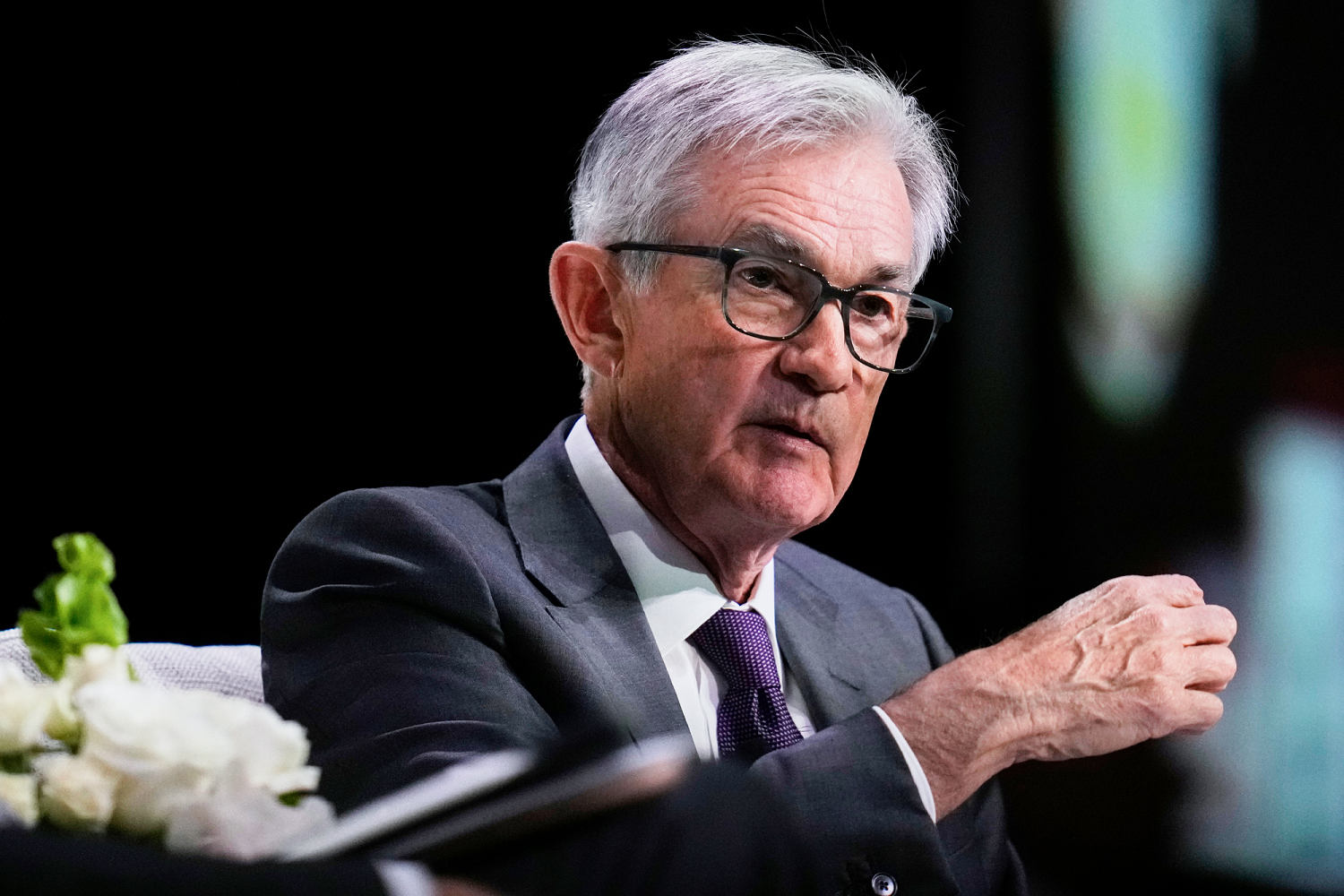
It’s not hyperbole to say that President Donald Trump is jeopardizing a cornerstone of the world economy.
In both social media posts and offhand remarks to reporters, the president has suggested that the White House should have more control over the Federal Reserve, the 111-year-old central bank that helps keep the U.S. economy stable — and therefore the rest of the world’s, too.
Trump’s view fits naturally with his theory that the White House should have more control over everything from elections to IRS audits to the federal judiciary. But in this case, it would undermine trust in the United States as a safe haven for investors around the world, almost certainly leading to spiraling inflation in the short term and higher interest rates in the long run.
Even Trump’s mere consideration of asserting more influence at the Fed may already be hurting the economy. The dollar is weakening, gold is surging to record highs and the yield on the 10-year Treasury note is rising — all signs that investors are getting nervous about the fundamentals of the American economy.
Economists already figured out the problem with Trump’s view nearly a century ago: The White House should not have control over the central bank. Instead, like Odysseus lashing himself to the mast of his ship to avoid the call of the sirens, the president should leave the decisions about interest rates to the Federal Reserve, based on the central bank’s reading of the economy.
On the economy, the siren call for presidents is lower interest rates, which Trump has demanded repeatedly. In a recent post on Truth Social, he called Federal Reserve chairman Jerome Powell “Mr. Too Late,” saying that he should “lower interest rates, NOW.”
Lower interest rates are especially attractive to real estate developers like Trump.
Of course, everyone wants — or thinks they want — lower interest rates. Lower rates make it cheaper for people to buy cars or take out mortgages. They boost investment in the stock market and stimulate the economy overall. Lower interest rates are especially attractive to real estate developers like Trump who typically borrow money to finance their projects.
But when done at the wrong time, they can also give the economy an artificial high that leads to a headache later. And since reducing interest rates is the major way that the Federal Reserve fights a recession, lowering them too much in the good times can leave it without a valuable tool when that downturn inevitably comes.
That’s why independence is so critical for central banks. A study by the International Monetary Fund of dozens of central banks found that they handled inflation better when they were more independent, a major reason why more countries have moved toward independence over the last century.
Now Trump wants to unravel that system in the United States.
Apart from demanding lower interest rates, he’s also called Powell — whom he appointed in 2017 — a “major loser,” saying his “termination cannot come fast enough” and claiming that he has the power to fire the chairman, saying, “if I want him out, he’ll be out of there real fast, believe me.”
Powell’s term ends in May of 2026, at which point Trump can appoint another Federal Reserve chair, subject to confirmation by the Senate. Powell has said he would not step down if Trump asked him to resign, noting that the Fed’s independence is “a matter of law” and that members serve “very long terms.”
Trump is not alone in this crusade. Project 2025, a conservative blueprint from the Heritage Foundation and other advocacy groups, proposed dramatically curbing the Fed’s powers by eliminating its mandate to reduce unemployment, reducing its ability to lend money as a last resort during a financial crisis and giving elected officials more power over its economic goals.
The Supreme Court, meantime, so far has given Trump a pass on his efforts to fire members of other independent agencies and could potentially soon overturn a 1935 ruling that protects independent officials such as the Fed chair.
Trump’s desire for total control over every aspect of the government has already damaged American democracy. But if he gains power over the Federal Reserve, it would damage the U.S. economy, too.
Subscribe to Trump’s First 100 Days newsletter for weekly updates on and expert insight into the key issues and figures defining his second term.
